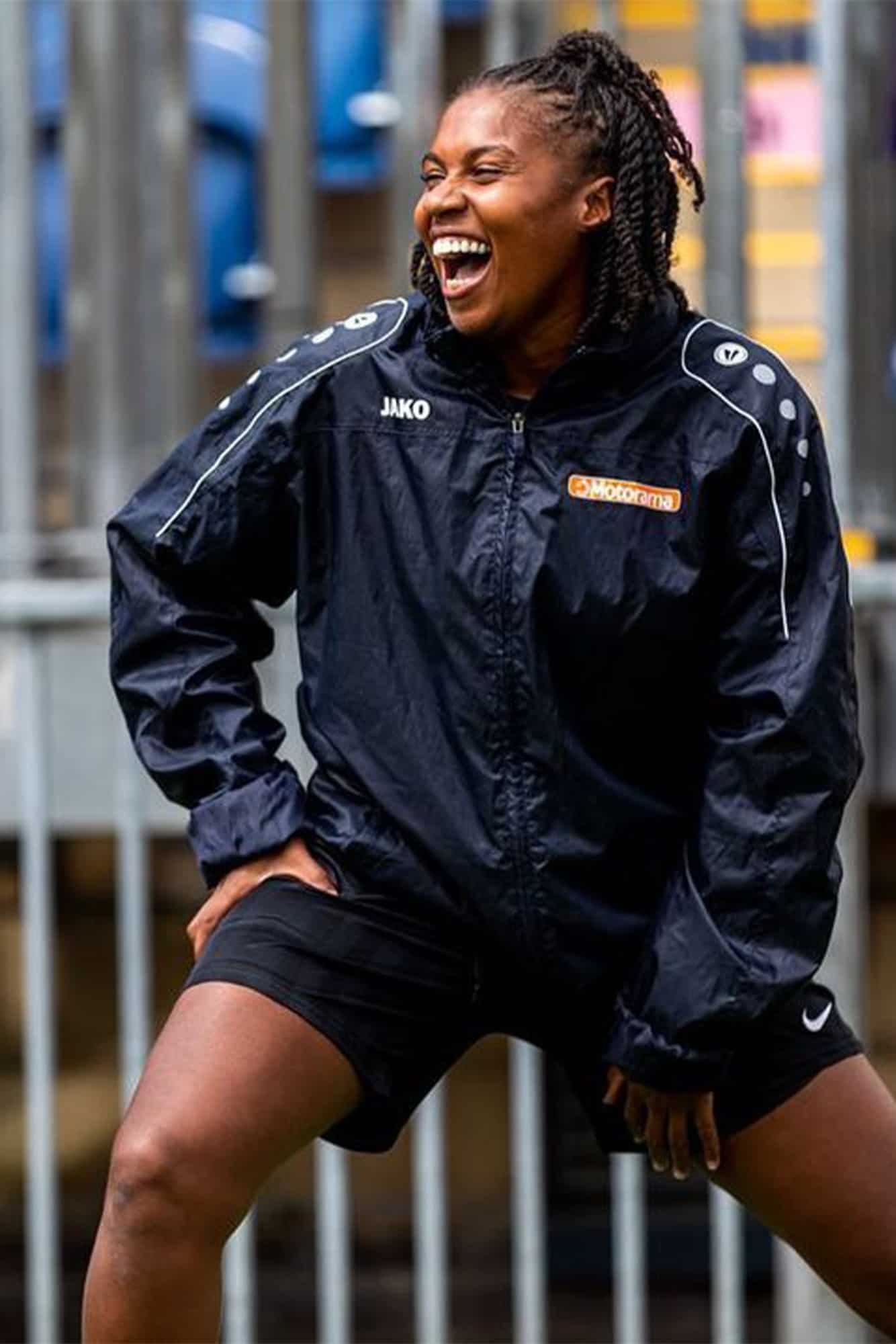The biggest question of this season’s Premier League transfer window was undoubtedly whether Manchester United would welcome back striker Mason Greenwood.
The conversation was on the lips of even diehard non-football fans because the decision was not based purely on sporting prowess but on morals, ethics, legal tangles and its far-reaching consequences.
Mason Greenwood is 21-years-old and has played for Man U since joining the club’s development school at the age of six, and became a fan favourite as his career progressed.
In January 2022, he was arrested on suspicion of raping and assaulting a woman, and a few days later on suspicion of sexual assault and threats to kill. At this time he stopped training with or playing for the club. Nike ended its sponsorship deal with Greenwood and Electronic Arts removed him from active squads on its FIFA 22 game. He was charged in October 2022 for attempted rape, assault occasioning actual bodily harm, and controlling and coercive behaviour.
In February 2023, the charges were discontinued and a Crown Prosecution Service spokesman said: “A combination of the withdrawal of key witnesses and new material that came to light meant there was no longer a realistic prospect of conviction. In these circumstances, we are under a duty to stop the case.”
In the eyes of some devout Man U fans, this marked the matter over and done with. For others, it’s not quite that straightforward.
At the time of Greenwood’s arrest, disturbing audio and visual material was published online. Charges being discontinued does not mean there was no case to answer or that he was “cleared”. No trial, means no proven innocence.
Prolonged investigation meets conflicting comms
Since February, Man U has been conducting an internal investigation to determine Greenwood’s future at the club. However, the way it has gone about it has sparked huge controversy, almost rendering its final decision – to part ways with the player – irrelevant.
Delaying announcing the decision as the transfer window stretched on caused speculation, resulting in rising anger, protests and condemnation.
TV presenter Rachel Riley said she would stop supporting Man U if Greenwood stayed at the club, fans protested outside Old Trafford, and Female Fans Against Greenwood’s Return put out a statement, which said Greenwood’s reintegration “tells us, as women, that we don’t matter”.
The news that the Man U women’s team would be consulted before a decision was made also sparked criticism, for opening the female players up to online hate and because at the time some of them – namely Mary Earps and Ella Toone – were competing in none other than the FIFA Women’s World Cup.
The tournament – the pinnacle event of any sportsperson’s career – has highlighted the dangers already faced by female football players, from being told by the FIFA president to “pick the right fights”, to Spain’s coach “surviving a player revolt” and Spanish football federation president Luis Rubiales kissing a player and (separately) “grabbing his groin” amid the final’s celebrations. And then, naturally, add to that an onslaught of abuse from online trolls with the wrong priorities.
An announcement on Greenwood’s future had been expected before Man U’s Premier League opener on 14 August but was delayed.
All signs appeared to point towards a reinstatement, with the club saying: “We also have responsibilities to [Greenwood] as an employee, as a young person who has been with the club since the age of seven, and as a new father with a partner.” Meanwhile, United chief executive Richard Arnold said he was “satisfied [Greenwood] did not commit the acts he was charged with”.
As recently as last week, the club was still claiming no decision had been made and it remained the “subject of intensive internal deliberation”.
It is now believed that the fury sparked by the likelihood of Greenwood’s return was key to the final decision, rather than any more ethical considerations.
Former Man U player and current pundit Gary Neville criticised how the investigation had been handled, calling the process “pretty horrible” and saying the club lacked “strong authoritative leadership”.
You may also like
Lessons to be learned
For brands, this example is just one step removed from what could happen in the creator economy and there are key lessons to be learned, especially when it comes to choosing collaborators.
The influencer industry has been marred by its own scandals, ranging from historic derogatory Tweets resurfacing to anonymous troll accounts being uncovered and allegations of grooming underage fans.
The worrying rise in misogyny influencers and the Andrew Tate effect means it’s more important than ever for brands to come to a conclusion, take responsibility, be vocal about their support (or lack thereof) and be unapologetic.
For Man U, the damage has already been done. As one of the biggest and most successful clubs in the top league in English football, there is no shortage of players for them to throw their money, privilege and power at, so even considering reinstating someone as controversial as Greenwood means they have taken a stand – and on the wrong side.
It’s unlikely the bad press has been keeping the club’s top brass awake at night, and that’s exactly the problem. Perhaps the next big test is coming sooner than expected, following reports another Man U player is facing allegations of domestic violence.
But for those more concerned about morals, doing good and protecting some of society’s most vulnerable – plus looking to build a platform and a community on similar values – the first question should always be: Am I happy to stand by this decision and, crucially, will any potential fallout be worth it?
Key takeaways:
- The best way to avoid backlash about the way a scandal is addressed is to handle it with strong morals, transparency and grace
- Conduct the necessary internal investigations and then release the decision externally at the final conclusion, and expeditiously
- Don’t backtrack, muddy the waters or misrepresent the situation in an attempt at defence
- Accept responsibility and take steps to make it right and put protocols in place to ensure it doesn’t happen again
- Take a step back, determine who most requires protection and make a decision based on your company’s values, not based on PR spin – or risk the public seeing through this and calling it out
By Lauren Harris, CORQ editor. Picture credit: Mason Greenwood via Instagram










